
In the fight against food waste, Too Good To Go stands out with their commitment to innovation and sustainability. This pioneering company has quickly become an industry leader, leveraging technology to bridge the gap between surplus food and hungry consumers. Xtalks spoke to Andrea Li, head of Canadian operations at Too Good To Go, to learn valuable insights into how the company is changing the landscape of food sustainability.
Leveraging Tech for Good
Li’s journey from tech giant to sustainability champion is driven by a mission to create a more sustainable and equitable world. Her experience at Amazon and Google has equipped her with a unique perspective on leveraging technology to solve complex problems like food waste.
By fostering an inclusive and diverse culture, Andrea emphasizes the importance of building high-trust teams and delivering results with accountability. Too Good To Go’s success in Canada, saving four millions of meals from waste, is a testament to the effective application of these principles.
“The guiding principles for how I thought about my career have always been around this theme called Tech for Good, as I’d call it,” Li says. “So a lot of it is thinking about scalable systems, leveraging innovation to solve hard problems, and that’s kind of what brought me to Too Good To Go and what I’m most interested in.”
Related: Full Harvest is Leading the Charge Against Food Waste with Digitization
Too Good To Go’s Mission-Driven Approach
The essence of Too Good To Go’s mission is simple yet profound: to reduce food waste globally. As a certified B Corp, the company adheres to rigorous social and environmental standards, ensuring that its operations contribute positively to the planet. Andrea highlights the “win-win-win” business model, which not only benefits partners and consumers but also the environment by minimizing food waste.
“A lot of what we do is really making sure that there’s value for our partners, whether it’s reclaiming some of that cost of goods from their operations to operating their stores, and also adding value for our users as well,” Li says.
Too Good To Go has also made significant strides in making sustainable choices accessible to everyone. With over two million users in Canada, the platform has facilitated partnerships with major brands like Tim Horton’s, demonstrating the potential for large-scale impact.
Li stresses the importance of listening to customers and partners to sustain and accelerate growth, especially in less urbanized areas. The goal is to deepen the company’s reach, making sustainable options available across the country.
“Fifty-seven percent of customers in Canada still feel disappointed that businesses don’t care enough about food waste,” Li adds. “So that’s something that I see as a huge opportunity for us to solve together with partners.”
Innovating for the Future
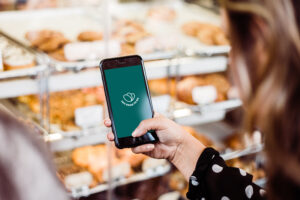
The future of food waste reduction is bright, with Too Good To Go at the forefront of innovation. The company is exploring AI-driven products to help businesses and consumers make smarter decisions about food usage.
“A lot of what we’re building and what we’re aiming to launch that adds value for our partners is this tool that intelligently and easily helps them identify the gaps in their value chain,” Li says. “Then it also simultaneously easily makes recommendations on how you tackle it so that you’re maximizing value on each step of the way.”
By identifying gaps in the value chain and providing actionable insights, Too Good To Go aims to optimize operations and maximize value for all stakeholders. This approach has the potential to revolutionize the way the industry and consumers alike manage food waste.
Building National Partnerships
Expanding its network of partners is a key focus for Too Good To Go. Li hints at upcoming collaborations with a range of businesses, from grocery chains to independent, small-scale establishments. The aim is to cater to the diverse needs of consumers, offering everything from bakery goods to supermarket finds. This strategy not only broadens the platform’s appeal but also amplifies its impact on reducing food waste.
“We see on our app that our users love the grocery segment, so we maintain a lot of the good work we do with Metro,” Li says. “And then at the same time, there’s all these independent partners that are not in mass grocery chains, but they’re smaller, more mom-and-pop. We see those do really well in our platforms too because our users also love diversity.”
Facing Challenges Head-On
As Too Good To Go continues to grow, it faces the challenge of educating consumers about food waste and how to combat it. Li is determined to address this through increased awareness and practical solutions that individuals can implement in their daily lives.

“A stat that I found fascinating is that about 94 percent of Canadians are motivated to reduce their households’ food waste,” Li says. “At the same time, they don’t really know how exactly to do it. So I think it’s an opportunity to challenge where we can address that piece through education as well.”
Feedback from users is overwhelmingly positive, with many expressing appreciation for the platform’s ability to empower them to make a difference. The element of surprise adds an exciting dimension to the app, encouraging more people to participate in the fight against food waste. Social media, particularly TikTok, has played a significant role in spreading the word and engaging a wider audience.
Li envisions a future where technology and data-driven insights play a central role in eliminating food waste across the supply chain. With plans to expand globally, including a launch in Australia, Too Good To Go is set on achieving its vision of a world without food waste.
The journey is just beginning, but the impact is already profound, with the company not only leading the way in the industry but also inspiring a global movement towards sustainability.
If you want your company to be featured on Xtalks.com, please email [email protected].

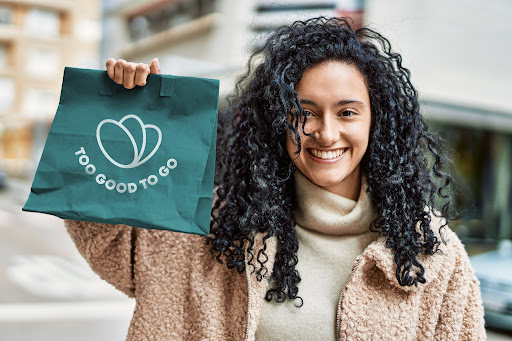
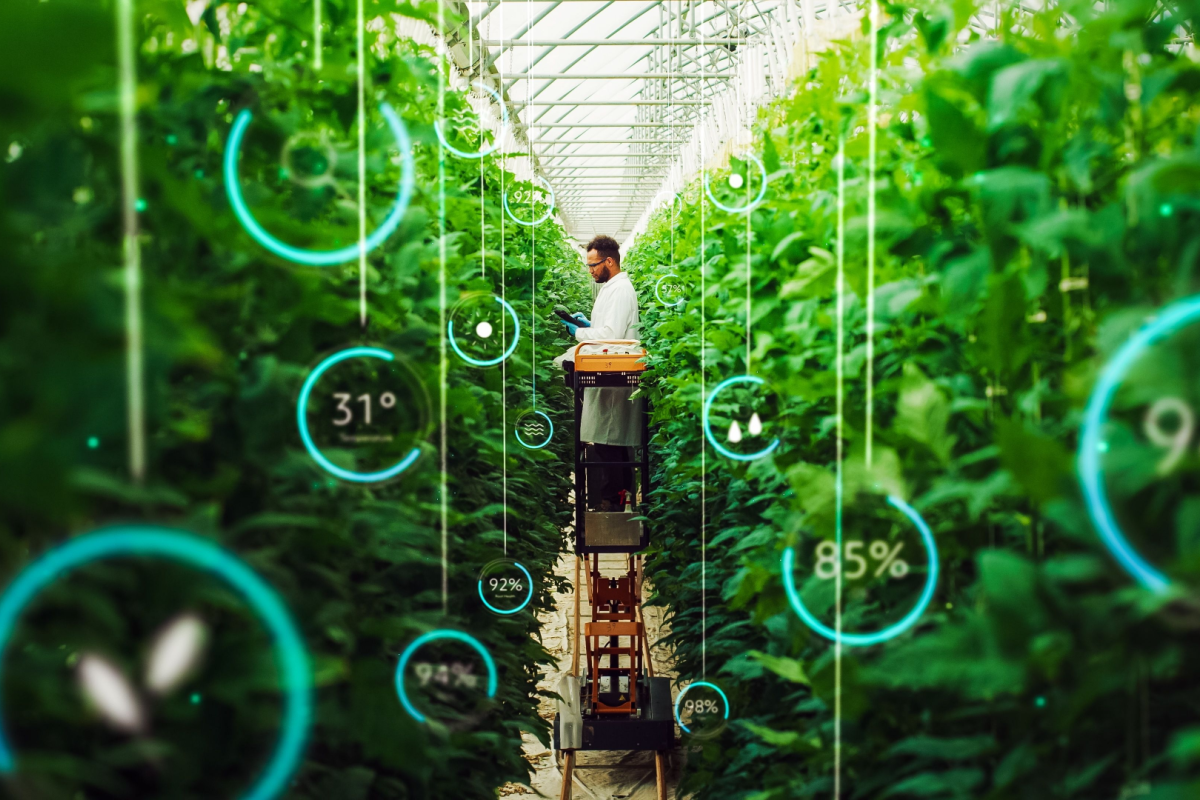
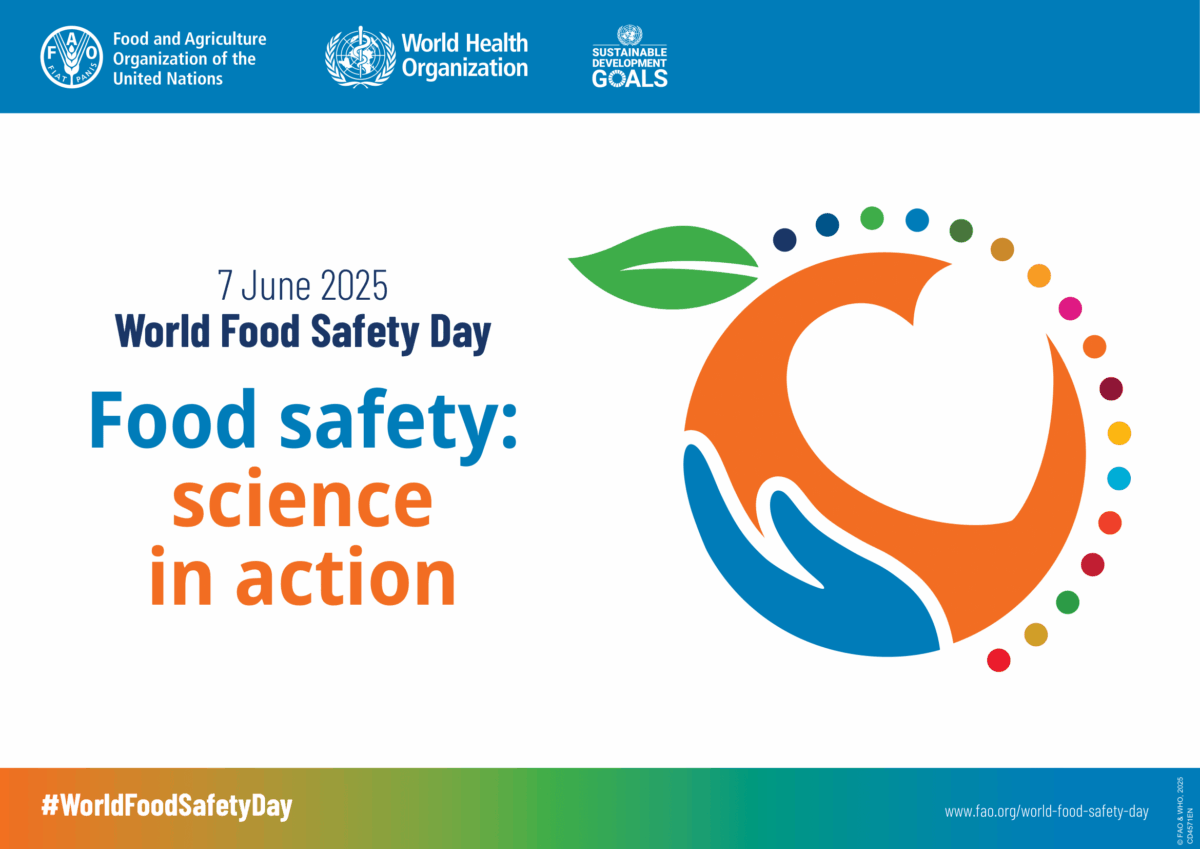
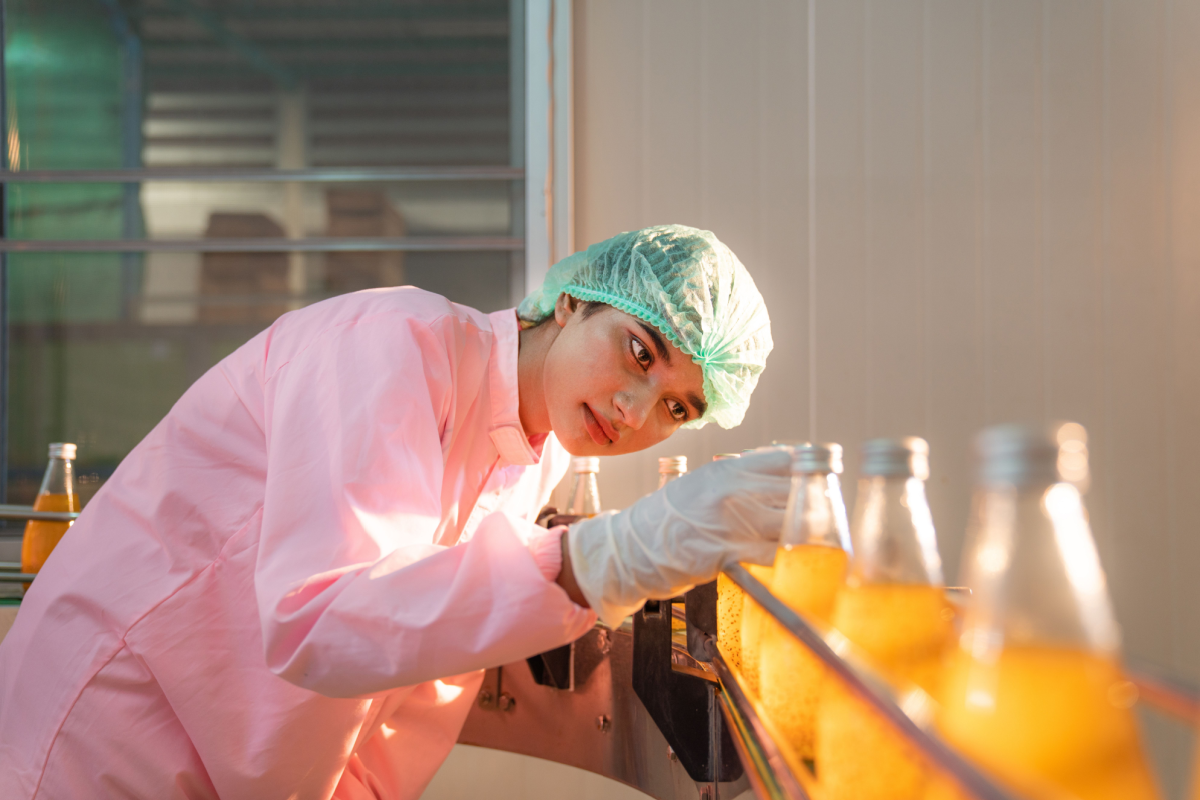







Join or login to leave a comment
JOIN LOGIN